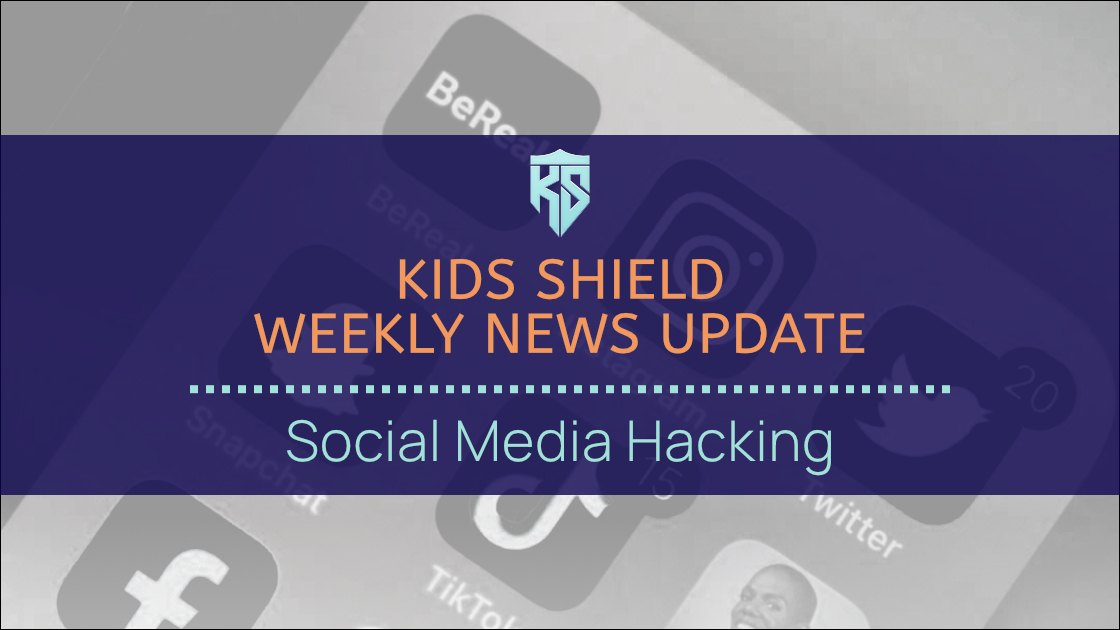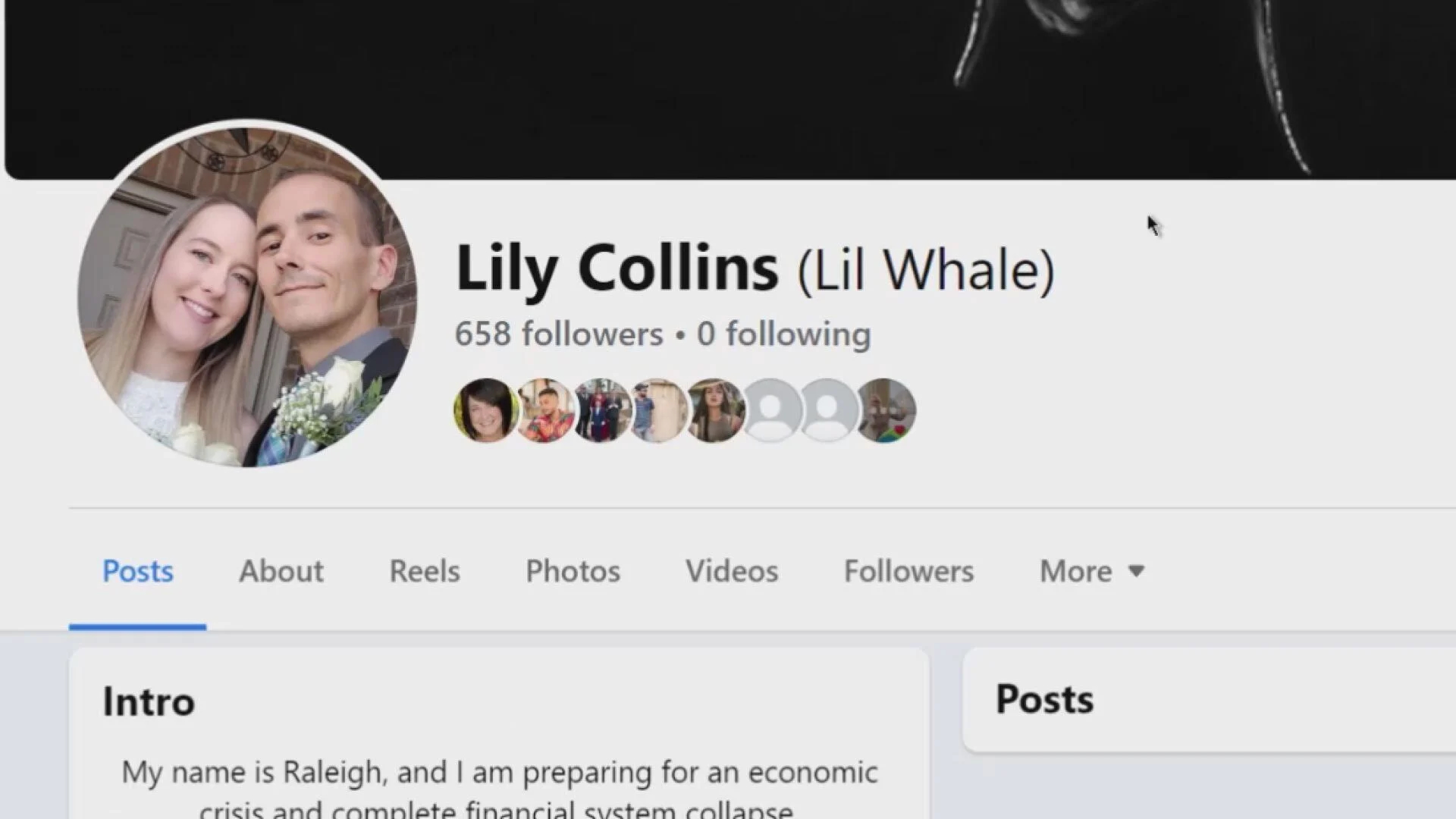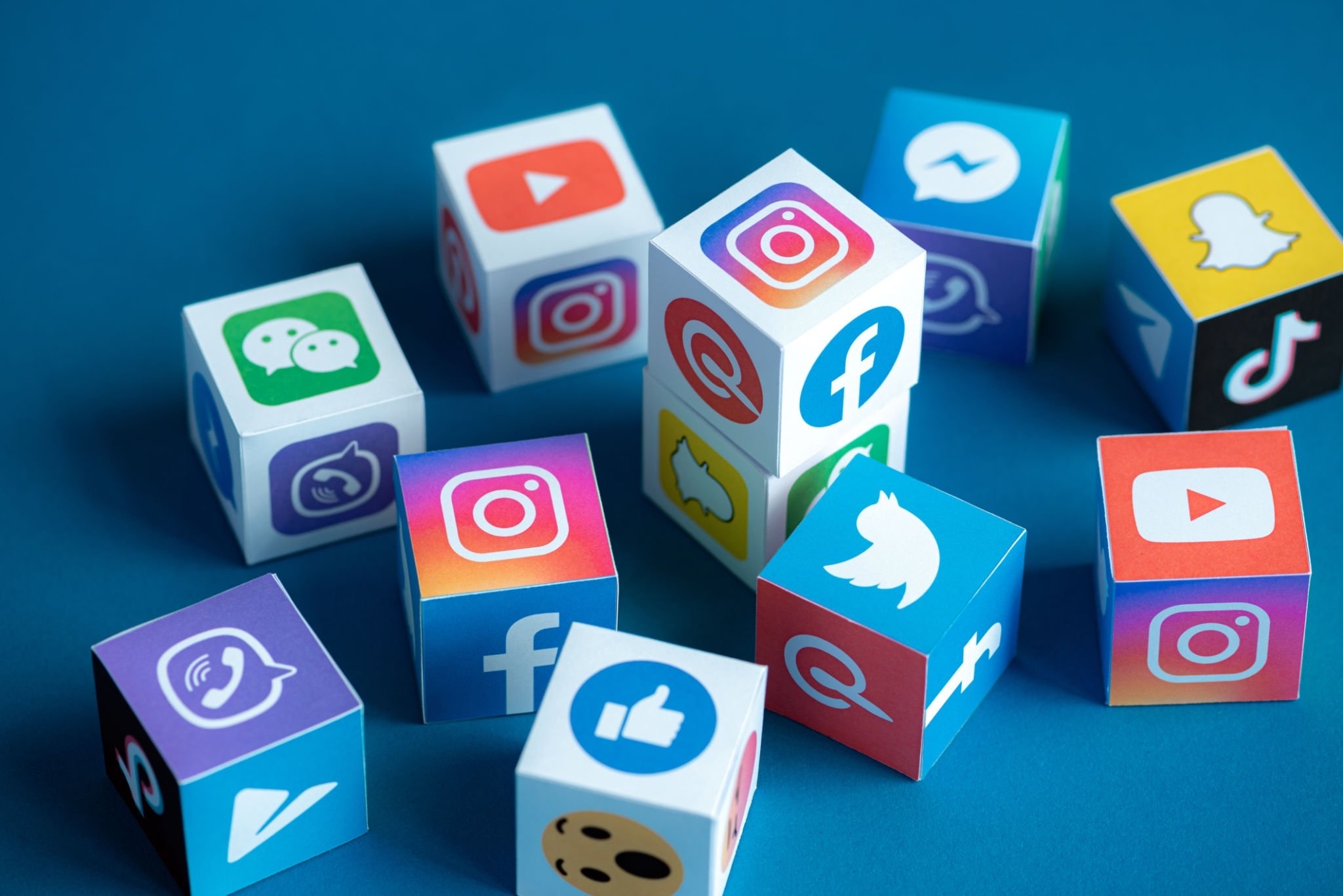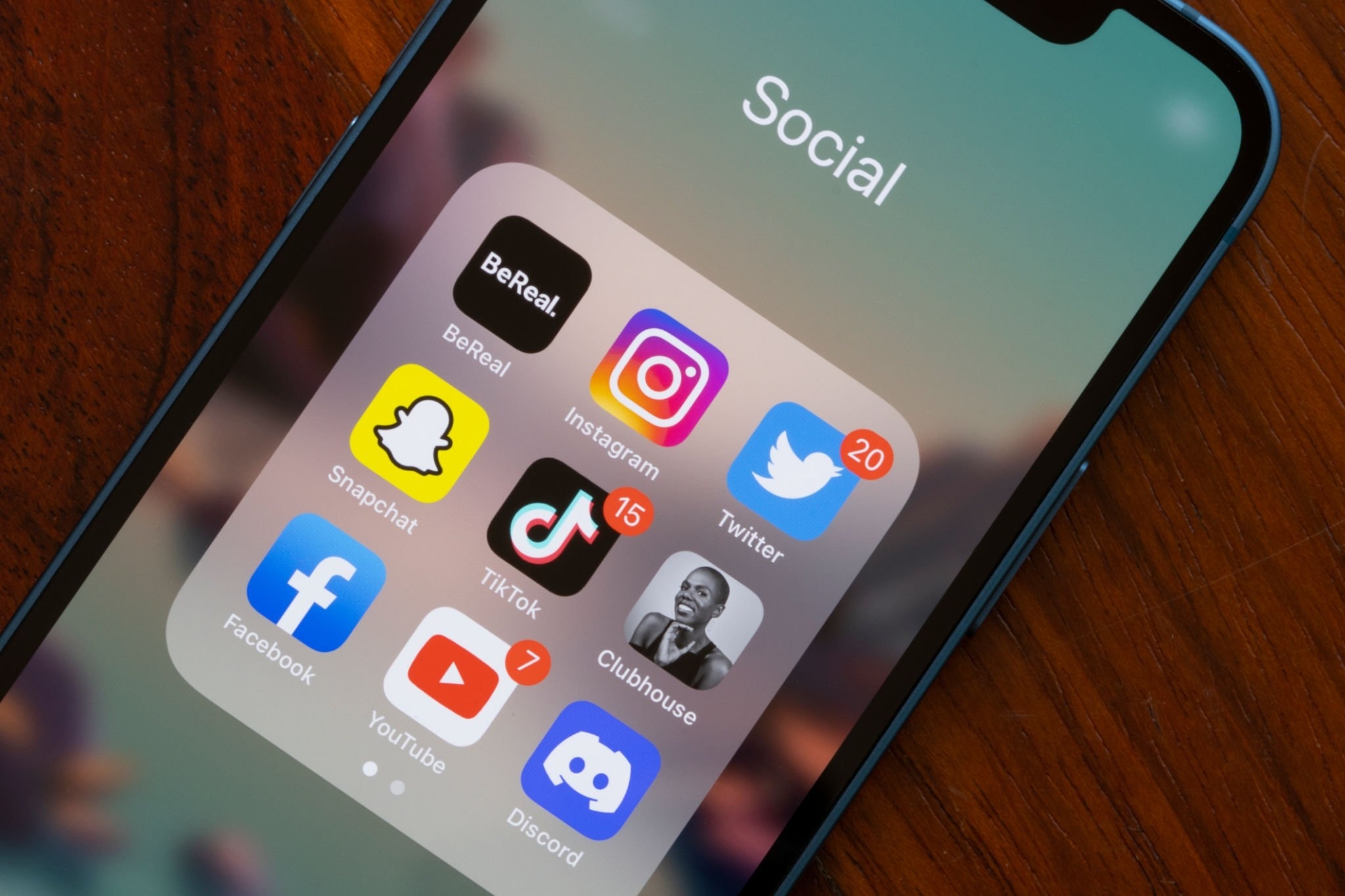
We will see a 10% rise in the social media user numbers in 2023, meaning that over 257 million people will have a social media this year.
Unfortunately, the popularity of social media gives cyber criminals plenty of opportunities to hack individual, business, and children's accounts to commit digital fraud. Hackers already infiltrate 1.4 billion social media accounts every month and up to 64% of companies using social media have experienced at least one hack or fraud attempt on their accounts.
Most social media hacks are phishing and social engineering scams aimed at collecting sensitive data, with Facebook, Instagram, and WhatsApp accounts being the most popular targets.
2023 has already seen the Lily Collins Facebook data breach see thousands of users lose access to their accounts though a fake advert that prompts users to install a virus pretending to be a ChatGPT extension that mirrors Facebook and steals user's information.
In response, Meta — Facebook's parent company — has been mass deleting Facebook and Instagram accounts leaving users frustrated with losing their accounts, media, and years of memories and connections.

Social Media Highjacking
Social media account hijacking increased 1000% over 2022 according to the Identity Theft Resource Center. They found that 70% of those victims were permanently locked out of their accounts, and 70% had friends contacted by those accounts in an attempt to hack more people.Social media account hijacking increased 1000% over 2022 according to the Identity Theft Resource Center. They found that 70% of those victims were permanently locked out of their accounts, and 70% had friends contacted by those accounts in an attempt to hack more people.

Matt Polak, CEO of the Picnic Corporation - a social engineering protection company - notes that "An account owner isn’t the only victim of an account hijacking."
"By impersonating the owner of an account, a bad actor can create posts or send private messages that fool contacts into doing something they would not otherwise do, such as clicking on a malicious link, handing over credit card information or their credentials — which can lead to further account compromise — or depositing money into the attacker’s account."
Some signs that your social accounts have been hacked are:
- You receive an email that you changed your login when you haven't
- You have trouble logging in to your accounts
- You get a flood of advertisements that feel like spam
- You are suddenly following people you don’t know• Your account is making posts — but you didn’t make them
- You see an account that uses your name and/or photos
Roger Grimes, a data-driven defence evangelist with KnowBe4 says that we need to "create a personal and organizational culture of healthy skepticism, where everybody is taught how to recognize the signs of a social engineering attack, no matter how it arrives — be it email, web, social media, SMS message, or phone call — and no matter who it appears to be sent by."

How Hackers Attack Your Social Media Accounts
Hacking is on the rise, from stalking, online harassment, cyberbullying, identity theft, and money scams… social media platforms are seen as an easy way into cybercrime.Hacking is on the rise, from stalking, online harassment, cyberbullying, identity theft, and money scams… social media platforms are seen as an easy way into cybercrime.
These are the most popular tactics that bad actors employ to hack social media accounts for you to be wary of.
- Phishing
- Infiltrating public Wi-Fi and Bluetooth
- Data breach abuse
- Brute-force attacks
To stay up-to-date with resources and content, follow Kids Shield on social media. Make sure you are signed up for our email list to never miss out on an blog.
Be Educated. Be Connected. Be Safe.




